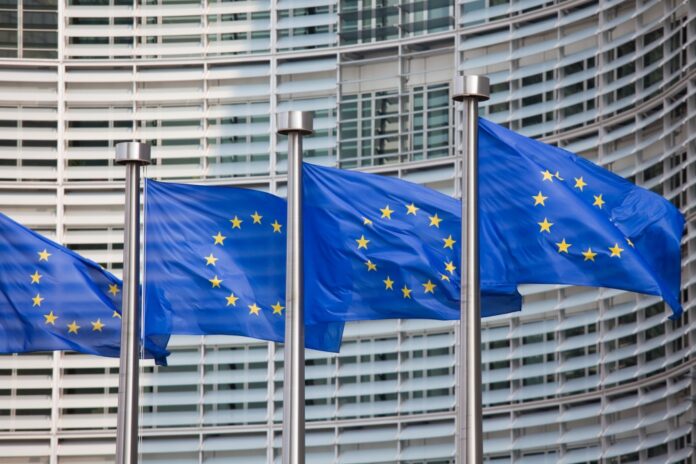The European Union initiative is all about data sovereignty, which poses tough questions for non-European, wannabe participants.
Initially 11 French and 11 German companies have signed up to create a European cloud data infrastructure
The initial budget for Gaia-X is €1.5 million annually, “which is not huge, but sufficient”, according to Hubert Tardieu of Atos, one of the 11 French participants which include Orange and energy firm EDF.
The German participants include BMW, Deutsche Telekom and Siemens.
Our own values
Germany’s Economy Minister Peter Altmaier, said it was, “the starting point of a European data ecosystem” to facilitate the storage and exchange of data between sectors while keeping to EU data protection standards.
It will also act as a platform for organisations to search for compliant data storage providers and offer “a secure environment for the cross-business sharing of data in Europe”.
France’s Minister of Economy and Finance, Bruno Le Maire, stated, “We are not China. We are not the United States. We are European countries with our own values.
Proofs of concept are expected later this year, with the project moving into production next year.
Gold standardH
Altmaier stressed that companies from outside the EU can participate if they need the criteria, which include openness, interoperability, transparency and trust.
He added, “In my talk with American companies, there is a real chance that Gaia-X standards could become a gold standard in cloud services around the world.”
A statement from Microsoft read, “We are strongly committed to making a lasting contribution to the success of Gaia-X as an important platform for digital value creation and strengthening of data-based business models in Europe”.
Stumbling blocks
It is in negotiations to participate. A possible stumbling block could be that the US Cloud Act of 1986, which was amended in 2018, obliges companies to provide American authorities with provide information about Europeans if requested to do so.
A big stumbling block between China and the US, and the reason most commonly cited by the Trump Administration for countries not to use Huawei equipment in national infrastructure, is that Chinese companies cannot refuse to spy for the Chinese state if ordered to do so under Article 77 of the State Security Law, which came into force in 2015.



